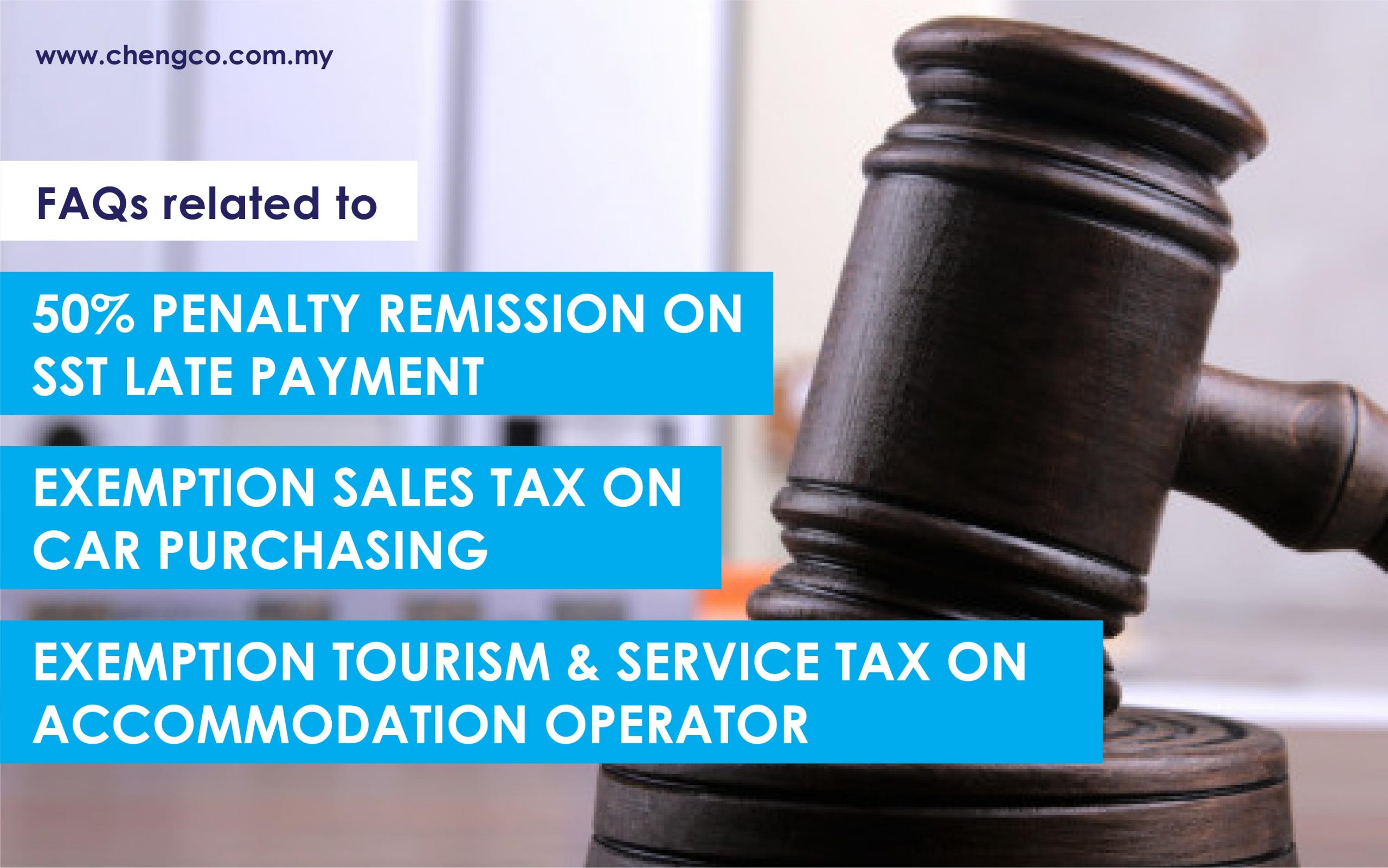Table of Content
- Everything to Know About Paying Capital Gains Tax on a Second Home Sale
- How to avoid capital gains tax on a home sale
- How to Avoid Paying Capital Gains Tax When Buying Another Rental Property
- Mortgage Interest Deduction: What Qualifies in 2022
- Use the 1031 exchange
- Gain
- Guide Taxonomy
- Paying Capital Gains Taxes on a 2nd Home or Investment Property
Sivan and Liran are always available on what's app to take my questions and handle any issues. For example on of my tenants has a flood from the neighbors above on the middle of the night. I called them, and they answered and took care of it in the middle of the night! They found the management office which brought the custodian in the middle of the night to shut down the main water valve. Fact that they are very responsive, and take care of your business in a timely manner. It is always best to consult with a tax professional, as everyone’s financial circumstances are different.
For example, you could sell your home for $750,000 and not owe any money because you didn’t gain more than $250,000 ($500,000). Usually, you can keep those tax-free profits each time you sell one of your homes. You will also receive a charitable income tax deduction that allows you to reduce your adjusted gross income by up to 30%. Learn more about the over-55 home sale exemption, which provided qualified homeowners with a one-time tax break but ended in 1997. You want to report the gain as taxable, even if all or a portion falls within the exclusionary guidelines.
Everything to Know About Paying Capital Gains Tax on a Second Home Sale
If you exceed profit levels of $250,000 or $500,000, the excess is a capital gain, which you must pay tax on. You may sell a building and accept payment in installments, which can spread the tax liability over a number of years. If you agree on a down payment followed by monthly or annual payments, you’d pay taxes based on the percentage of your profit on each payment received during the year, but not the total gain. In the end, however, the total taxes you pay would likely be the same as if you had paid them all at once—barring future changes in the tax rate. You’ve delayed taxes rather than avoided them, Levine explained. You may also have paid those taxes at an average rate lower than the rate you would have paid if you had paid tax on the entire gain in the year of sale.

You used to be able to move into the second property, make it your primary residence, live there for two years, and profit from the gains. You must identify up to three properties to purchase through the exchange within 45 days after selling the original property. A short-term gain is a capital gain realized by the sale or exchange of a capital asset that has been held for exactly one year or less. Since executing a 1031 exchange can be a complex process, there are advantages to working with a reputable, full-service1031 exchange company.
How to avoid capital gains tax on a home sale
However, you will want to work closely with your accountant to structure the exchange properly to avoid tax,” says CPA Sansone. Now, subtract your cost basis from the total amount of money you earned from the sale. In this case, that’s $290,000 minus $220,000, resulting in a profit of $70,000. Since that amount is less than $250,000, you wouldn’t owe any taxes on this home sale.

Keep receipts and records of any improvements you made to the home to help reduce the total amount of your taxable gains. Certain types of home improvements can be added to your cost basis and will reduce the amount of reported gain. The TRA provides that anyone, regardless of their age, can exclude up to $250,000 in gains on the sale of a home, and a married couple filing jointly can exclude up to $500,000. This means that most people will pay no tax on the sale of their home unless they lived there for less than two out of the last five years. Most property taxes are paid in arrears, which means you pay after the fact for charges that are already accrued. And most property taxes are charged on a twice-yearly basis, so it’s likely you’ll have to pay a prorated portion of your six-month tax bill at closing.
How to Avoid Paying Capital Gains Tax When Buying Another Rental Property
Taxpayers who don’t qualify to exclude all of the taxable gain from their income must report the gain from the sale of their home when they file their tax return. Anyone who chooses not to claim the exclusion must report the taxable gain on their tax return. Taxpayers who receive Form 1099-S must report the sale on their tax return even if they have no taxable gain. House flippers usually buy a home, fix it up, and sell it within a 12 month span.
They found me a tenant very quickly and also raised my rent income. It’s been a pleasure working with Sivan and her team, and we are delighted with their work/care and the results they have provided us so far. Not a lot of people know this, but you can actually say no to a property that was left to you by your parent/s. You can choose whether or not you want to be the owner of someone’s assets. Vacation homes have become a prevalent option for those who have achieved that financial position.
Mortgage Interest Deduction: What Qualifies in 2022
The intermediary flips the property to the final buyer for cash. Meanwhile, the third-party lender steps in and lends the original seller an amount equal to 95% of the final buyer’s purchase price. The escrow agent pays the interest payments on this 30-year note, canceling out the interest income on the installment loan, which is flowing through the same escrow account. Any previous capital gains exclusion claims must have occurred more than two years prior to the sale.
Under the Tax Cuts and Jobs Act of 2017, up to $750,000 of mortgage interest on a principal residence or vacation home can be deducted. However, if a property is solely used as an investment property, it does not qualify for the capital gains exclusion. Short-term capital gains are taxed as ordinary income, with rates as high as 37% for high-income earners. Long-term capital gains tax rates are 0%, 15%, 20%, or 28% for small business stock and collectibles, with rates applied according to income and tax-filing status. While it’s possible you’ll have to pay taxes on the sale of your home, chances are you won’t have to. If you meet a few simple requirements, up to $250,000 of profit on the sale of your home is tax-free.
Unlike short-term gains, long-term gains are subject to preferential capital gains tax rates. Compare your situation against the eligibility test offered by the IRS. Section 121 is a provision of the tax code that allows home sellers to exclude $250,000 or $500,000 of their capital gains from taxation, depending on their filing status. If you're selling a primary resilience that you've owned and lived in for at least two of the past five years, you likely qualify for this exclusion. Another caveat is that the capital gains tax exclusion doesn’t apply to any depreciation-related capital gains.
This is based on your federal income tax rate, depending on whatever bracket you fall into. Let’s say that your parents left you with a property that you now plan to sell. If its value is greater than what the person you inherited it from originally paid for it (e.g. the purchase price 50 years ago), you are expected to pay the capital gains tax. However, it’s worth mentioning that it’s not always that straightforward. Your filing status really matters when it comes to paying taxes. There are some significant advantages for filing a joint return when it comes to paying capital gains taxes.
Reductions in cost basis occur when you receive a return of your cost. For example, you purchased a house for $250,000 and later experienced a loss from a fire. Your home insurer issues a payment of $100,000, reducing your cost basis to $150,000 ($250,000 original cost basis - $100,000 insurance payment). You may qualify to exclude from your income all or part of any gain from the sale of your main home. Your main home is the one in which you live most of the time. At closing, you’ll pay taxes prorated up to the closing date .
You typically depreciate business property but not personal property so you wouldn't depreciate your home, but you would depreciate rental units and other commercial buildings, said Dr. Mark Levine. He decided it was time to sell his house—now worth roughly $350,000—and contacted Bridge, owner of a Re/Max office in Denver. Knowing about his living arrangement, Bridge asked how long it had been since the house had been his primary residence. Now, once you decide you are eligible to sell and meet the exclusion rule, you have to do some math, so you can avoid pulling out your checkbook after you sell. But, first, keep in mind that you have to think about more than the money you received during the sale.
Guide Taxonomy
Payments for the lease of tangible personal property are exempt from tax if the sale of the tangible personal property would be exempt. This structure theoretically allows the seller to postpone capital gains recognition on the home sale for 30 years. Again, the IRS doesn’t recommend it, so if you’re considering this strategy, explore your options with a CPA.


No comments:
Post a Comment